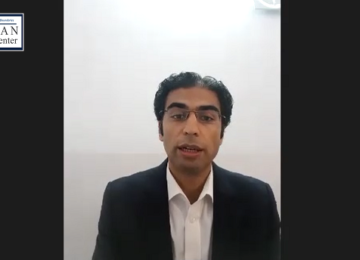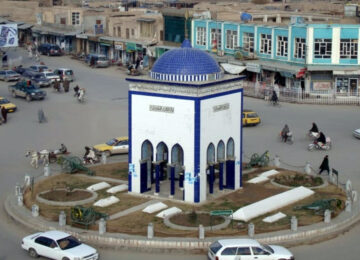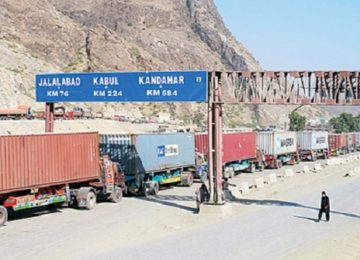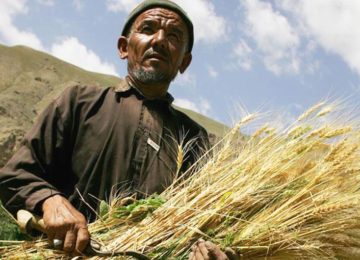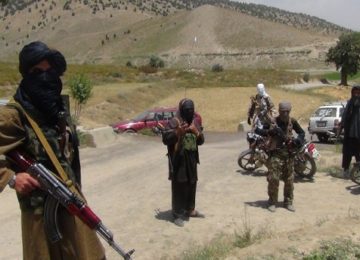Pakistan and Afghanistan have agreed to formalise a mechanism on bilateral dialogue and to establish six joint working groups for discussions on all key areas. The framework called the Afghanistan Pakistan Action Plan for Peace and Solidarity (APAPPS) is a joint action plan for cooperation in key areas. These areas include counter-terrorism and reduction of violence and promotion of peace and reconciliation involving repatriation of refugees and joint economic development. The final touches to the plan were given at the fourth meeting of APAPPS held in Islamabad today.
Additionally, the working groups will be formed to implement the seven principles that were agreed in a meeting between Afghan President Ashraf Ghani and Pakistani Prime Minister Shahid Khaqan Abbasi in Kabul last month. It was also agreed that the APAPPS would undertake effective actions against fugitives and the irreconcilable elements posing security threats to either side. More importantly, both the neighbours have also committed to deny space to non-state actors for anti-state activities against either country.
Hekmat Khalil Karzai, the Afghan deputy Foreign Minister, led his side in the fourth meeting of the APAPPS while the Pakistani delegation was headed by Tehmina Janjua, Pakistan’s Foreign Secretary. “APAPPS provides a framework to strengthen mutual trust and deepen interaction in all spheres of bilateral engagements. It is also a mechanism for finding solutions to bilateral areas of concern,” said the joint statement. The statement also said that both sides also agreed that effective and full implementation of APAPPS would contribute towards the common objectives of eliminating terrorism and achieving peace, stability, prosperity and development of the peoples of the two countries.
Relations between both the countries have somewhat improved since both the countries’ heads of state met in Kabul last month. Pakistan has also recently formally reopened the Ghulam Khan crossing point – a major trade route with, Afghanistan, after nearly four years. It is one of the eighteen border crossing points between the two countries that connects Pakistan’s North Waziristan tribal region with northeastern Khost Province of Afghanistan. It is also the third-largest official crossing point on the nearly 2,600-kilometer – mostly porous – frontier between Pakistan and Afghanistan. The route serves as the shortest one from Karachi to Kabul, reducing the total distance by more than 400 kilometres, as compared to Torkham.
Officials on both sides hope that recent initiatives aimed at strengthening bilateral political, economic, security and counter-terrorism cooperation would go a long way in restoring trust between the two countries.
© Center for Research and Security Studies (CRSS) and Afghan Studies Center (ASC), Islamabad.




